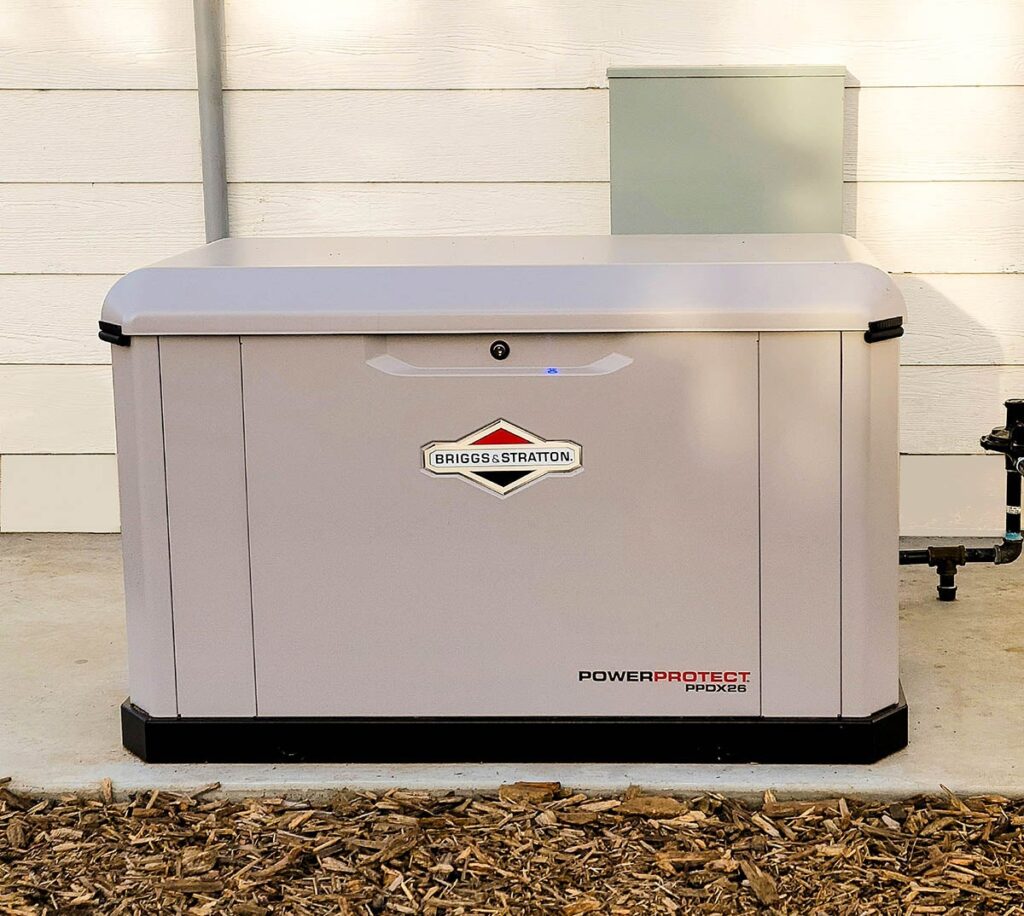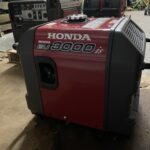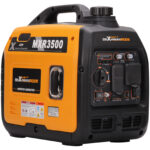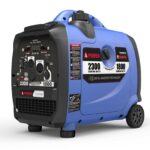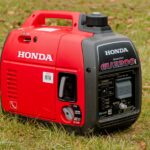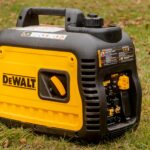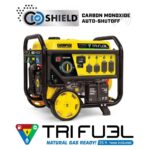This standby generator review is a comprehensive guide to the most reliable generators for your home. It provides an in-depth look into the features, benefits, and drawbacks of the most popular standby generators on the market today. This review will help you choose the best generator for your needs and budget. We will discuss the various types of generators, their power output, their fuel type, and other important factors to consider when deciding which one is right for you. With this standby generator review, you’ll be able to make an informed decision and get the most out of your investment.
What is a Standby Generator?
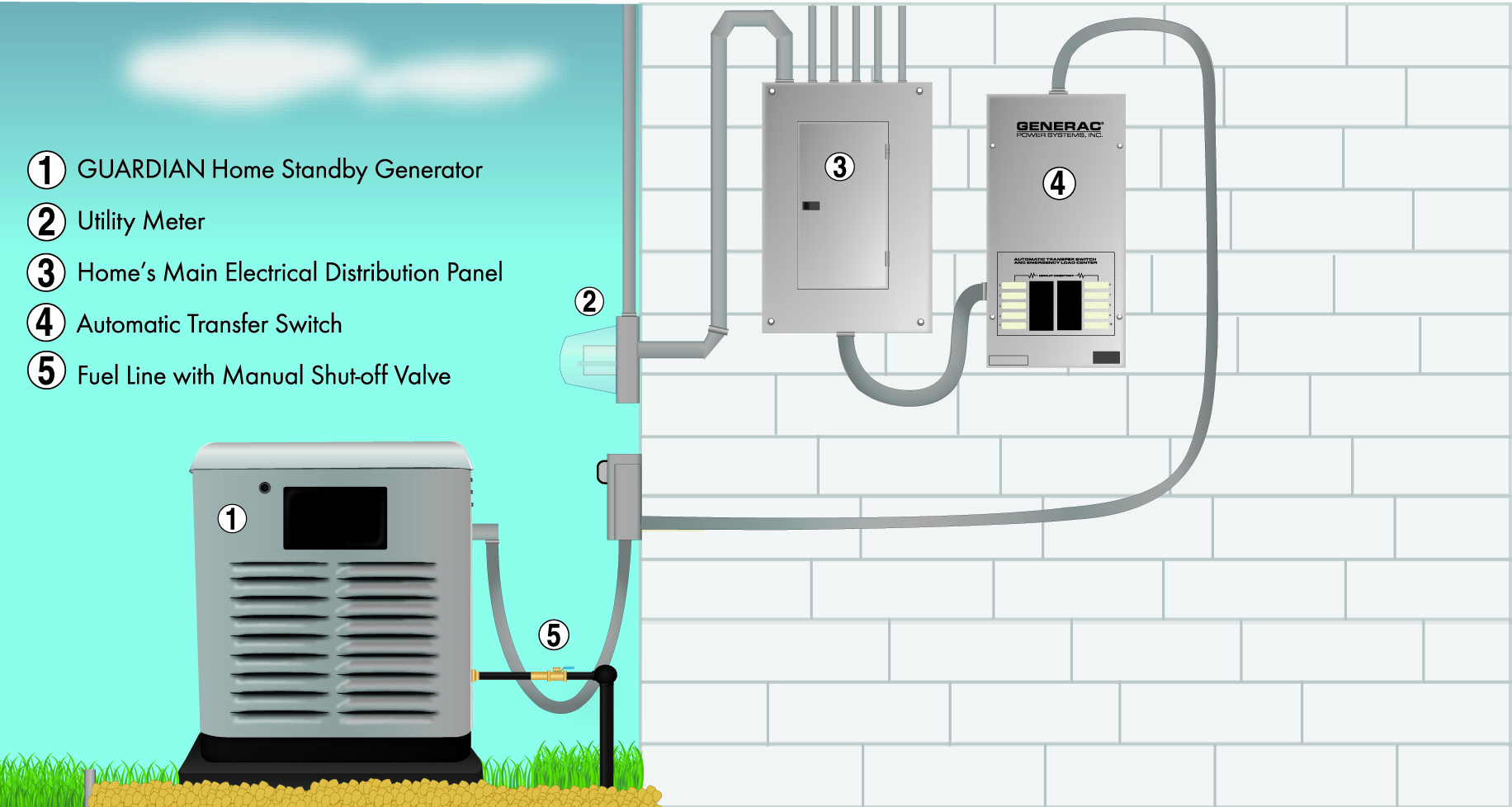
A standby generator is an electrical device that is connected to a home or business’s existing electrical system to provide emergency power backup in the event of an outage. Standby generators are typically installed outside of the building and connected directly to the electrical service panel.
Standby generators can provide power to a home or business for extended periods of time, depending on the size of the generator and the load requirements. The generator can be powered by natural gas, propane, or diesel fuel and will automatically start up in the event of a power outage.
- Standby generators are connected directly to the electrical service panel.
- Standby generators can provide power to a home or business for extended periods of time.
- Standby generators are powered by natural gas, propane, or diesel.
- Standby generators will automatically start up in the event of a power outage.
Types of Standby Generators
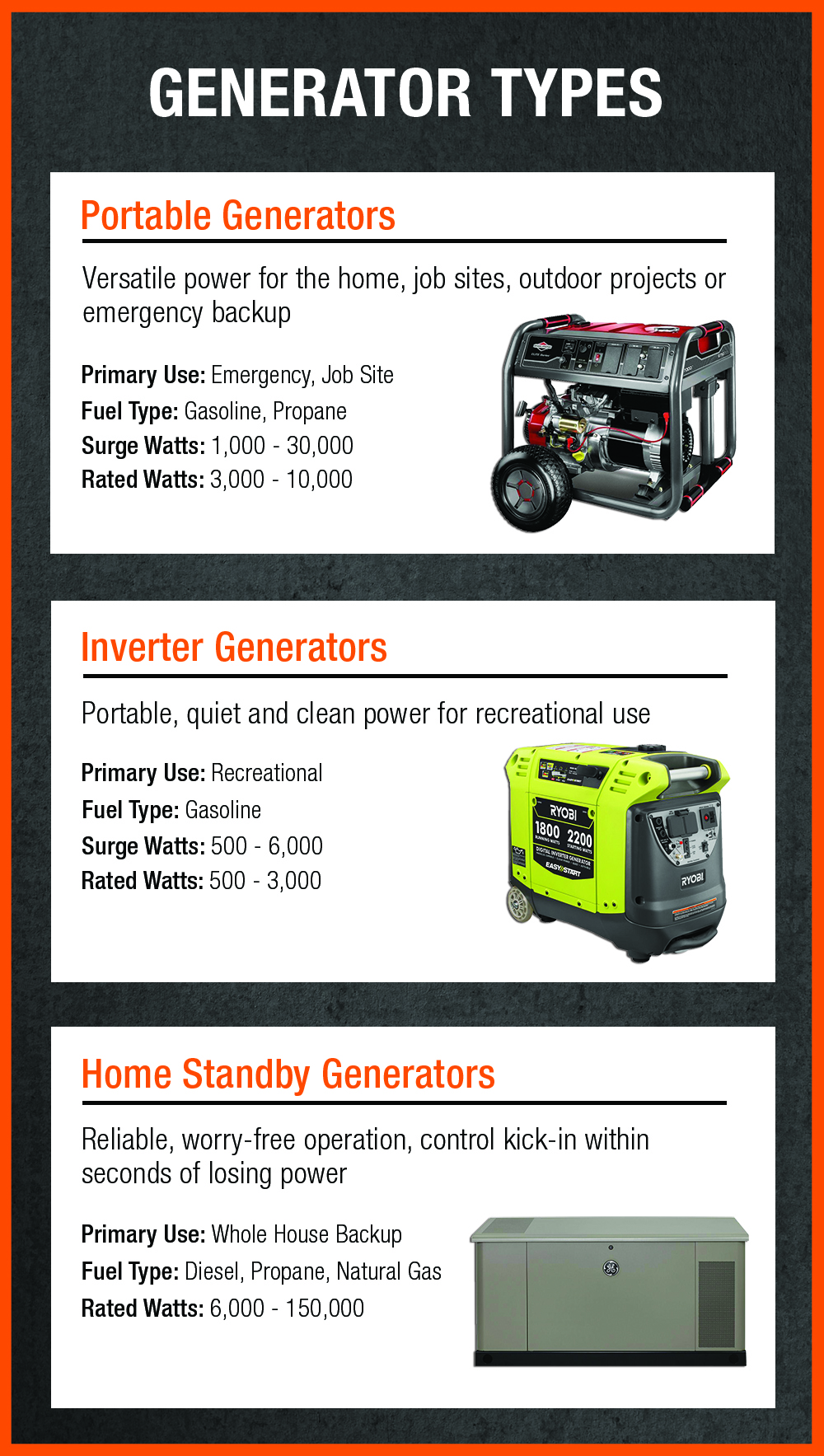
Natural Gas Generators
Natural gas generators are powered by natural gas and offer a reliable backup power solution for larger homes and businesses. This type of generator provides a virtually unlimited supply of fuel and is typically connected to the natural gas line in the home or business. Natural gas generators are also highly efficient, providing an economical and environmentally friendly solution.
Propane Standby Generators
Propane standby generators use liquid propane to generate power and are a good choice for those who don’t have access to natural gas. Propane standby generators can be installed in areas where natural gas is not available and offer an efficient, reliable solution for backup power. Propane standby generators are also easy to maintain and can be used with a variety of fuel sources.
Benefits of Standby Generators
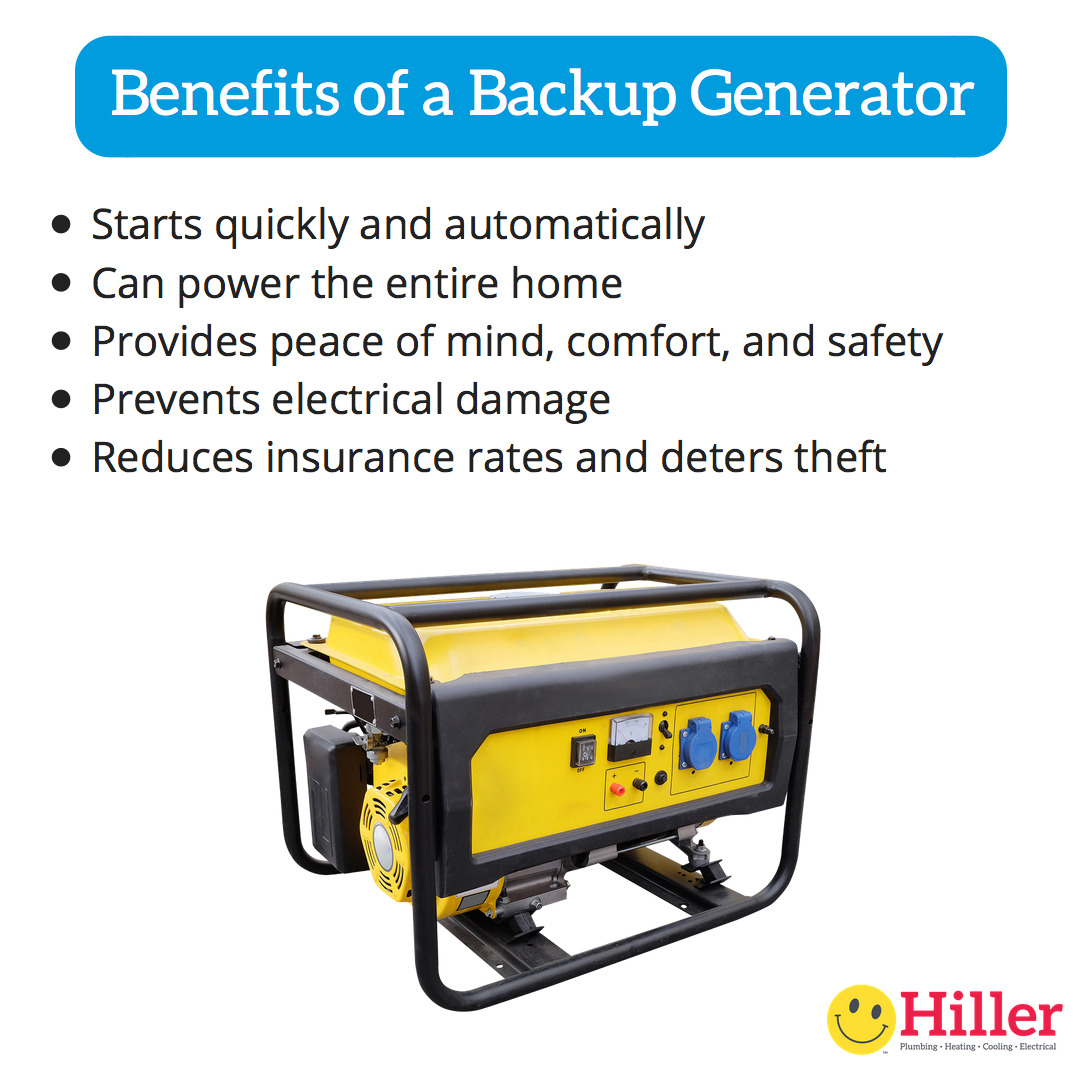
Standby generators offer a variety of benefits. They provide consistent and reliable power, as they can quickly switch on and off when needed. They are also more efficient than portable generators, as they are designed to run for long periods of time and do not require manual refueling. Standby generators are also much quieter than portable generators, making them ideal for residential use. They are also low-maintenance and require minimal upkeep. Finally, they come with many safety features, including automatic shut-off in the event of an overload or other emergency.
Factors to Consider Before Buying a Standby Generator
| Factor | Description |
|---|---|
| Power Output | The power output of the generator should be sufficient to power all necessary appliances or machines. |
| Fuel Type | Evaluate the available fuel types and select the one which is most suitable for your needs. |
| Noise Level | Choose a generator that produces an acceptable noise level. |
| Automatic Start | Check if the generator has an automatic start feature and if it is compatible with your existing power system. |
| Price | Compare the prices of different models and select the one that meets your budget. |
| Maintenance | Look into the maintenance requirements of the generator before making your purchase. |
| Warranty | Ensure that the generator comes with a reliable warranty. |
When choosing a standby generator, it is important to consider several factors to ensure that it is suitable for your needs. Power output, fuel type, noise level, automatic start, price, maintenance, and warranty are all important factors to consider. The power output of the generator should be sufficient to power all necessary appliances or machines. Evaluate the available fuel types and select the one which is most suitable for your needs. Choose a generator that produces an acceptable noise level. Check if the generator has an automatic start feature and if it is compatible with your existing power system. Compare the prices of different models and select the one that meets your budget. Additionally, look into the maintenance requirements of the generator before making your purchase. Lastly, ensure that the generator comes with a reliable warranty.
Natural Gas Generators
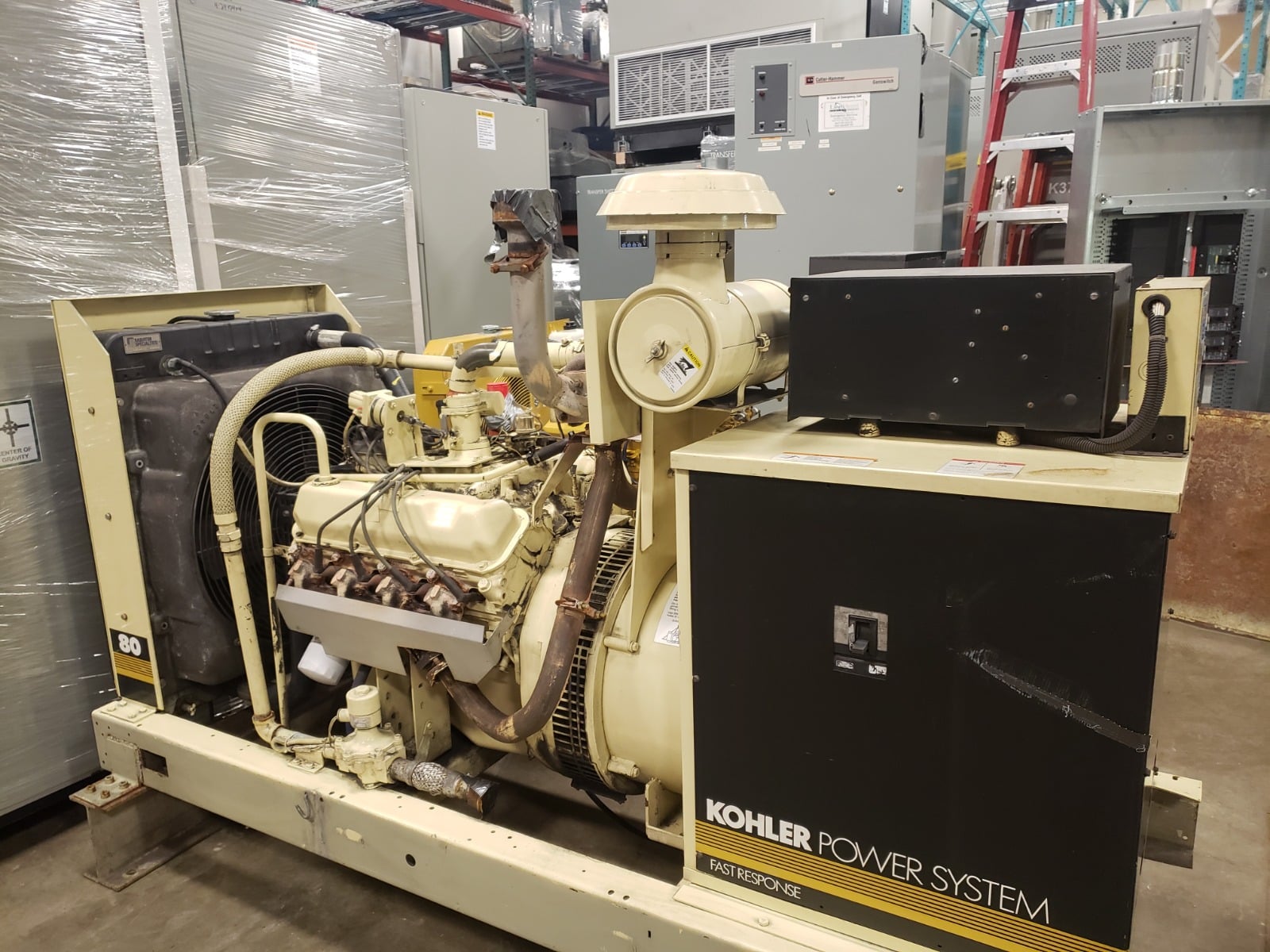
Natural gas generators are the most reliable and efficient standby generators available. They are more expensive than propane generators, but they provide a longer-lasting, more reliable power source. Natural gas generators are typically quieter than propane models, making them ideal for residential applications.
Advantages of Natural Gas Generators
Natural gas generators are easily the most reliable and cost-effective choice for standby power. Natural gas is a clean-burning fuel, making these generators environmentally friendly. Natural gas generators are typically quieter than propane models, making them ideal for residential applications. Additionally, natural gas is a reliable energy source, meaning it will be available when you need it most.
Disadvantages of Natural Gas Generators
The main disadvantage of natural gas generators is their cost. Natural gas generators are more expensive than propane models, and they require a professional installation. Additionally, natural gas generators are not portable, meaning they cannot be moved from one location to another.
Propane Standby Generators
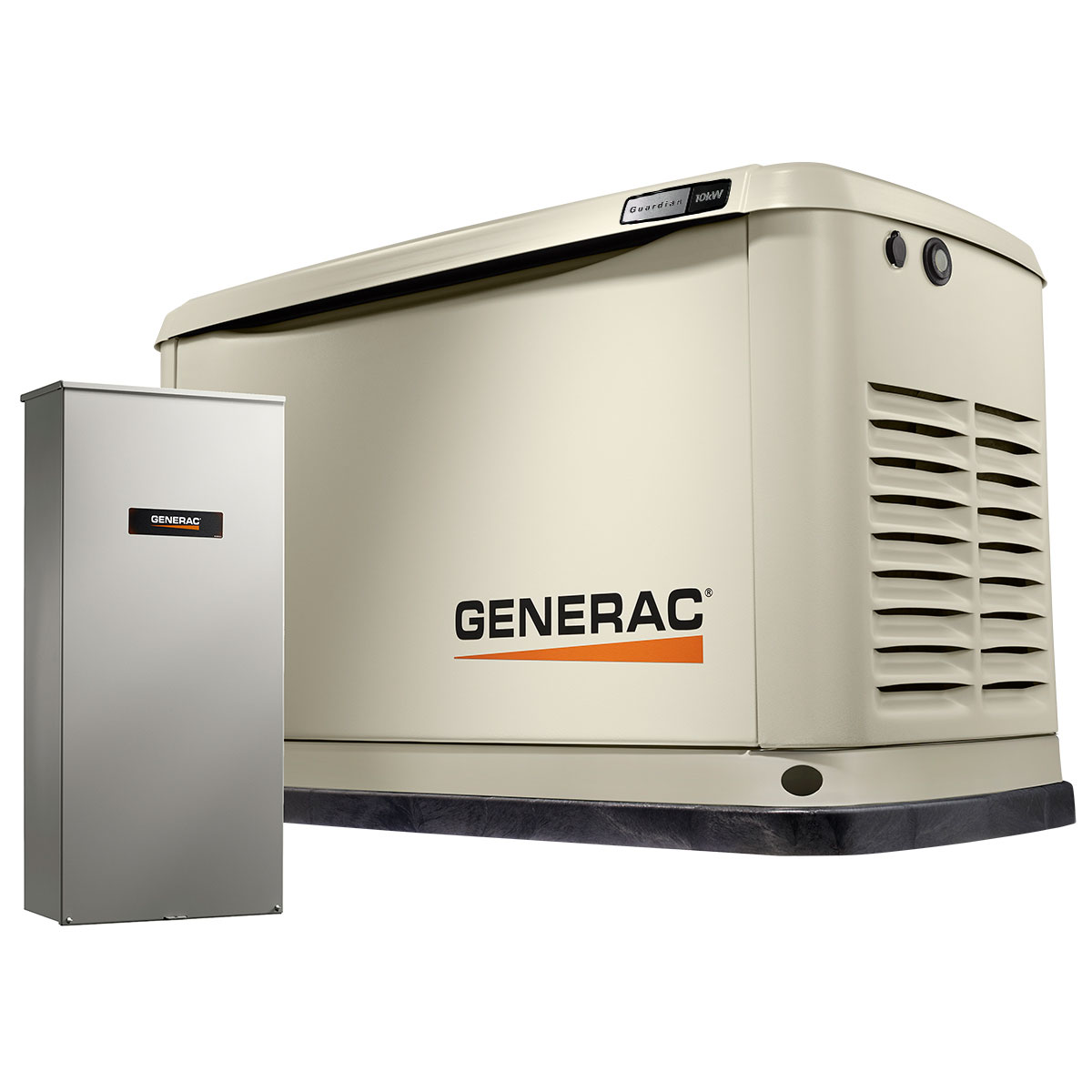
Propane standby generators are a cost-effective option for residential and commercial applications. They are typically less expensive than natural gas generators and are relatively easy to install. Propane generators are also more portable than natural gas models, making them ideal for temporary power needs.
Advantages of Propane Standby Generators
Propane standby generators are a cost-effective choice for residential and commercial applications. They are typically less expensive than natural gas generators and are relatively easy to install. Additionally, propane generators are more portable than natural gas models, making them ideal for temporary power needs.
Disadvantages of Propane Standby Generators
The main disadvantage of propane standby generators is their fuel efficiency. Propane generators are not as efficient as natural gas models, meaning they require more fuel to generate the same amount of power. Additionally, propane generators are louder than natural gas models, making them less suitable for residential applications.
Tips for Installing a Standby Generator
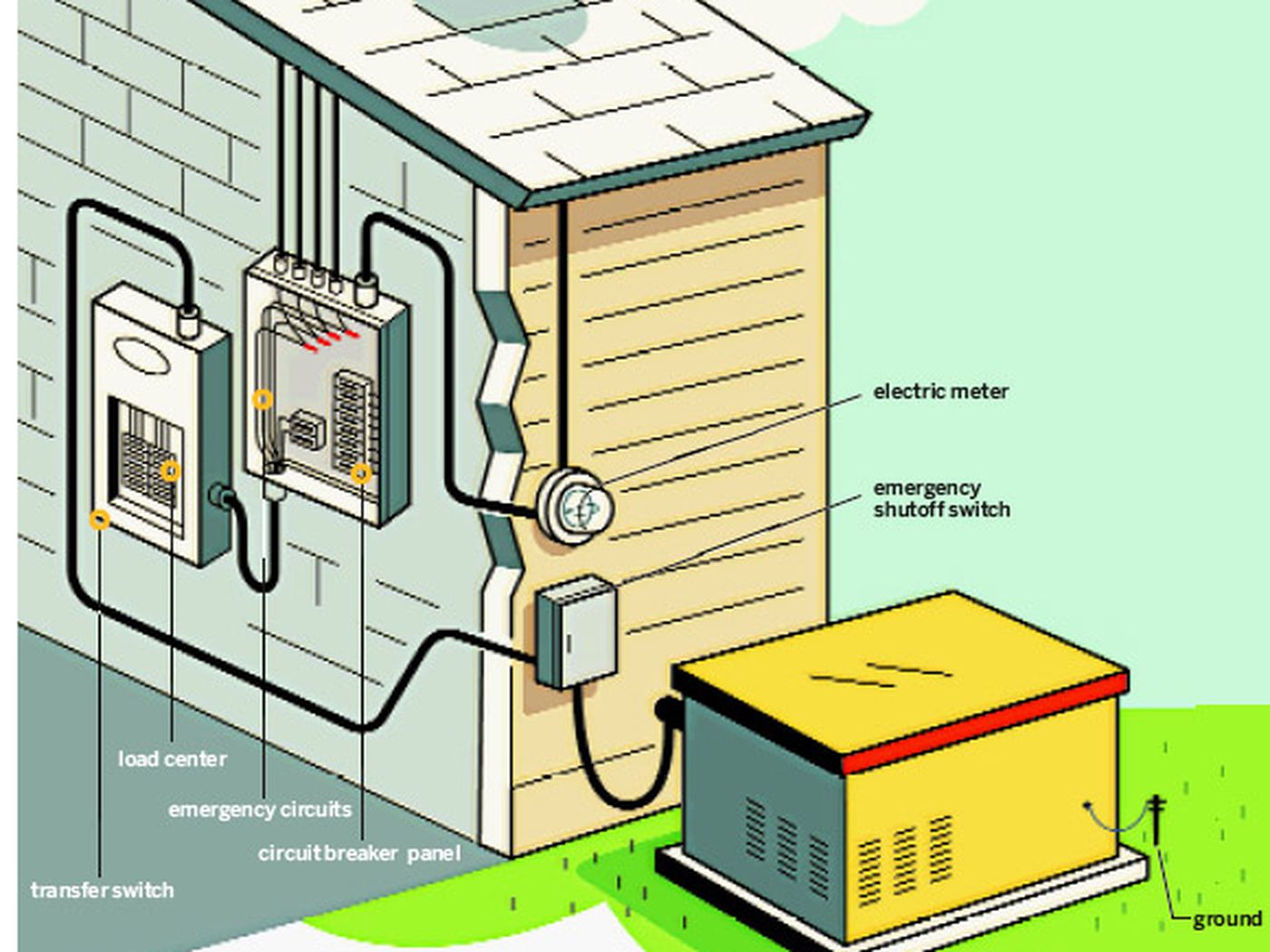
Before installing a standby generator, it is important to determine the size and type of generator needed to meet your power needs. Consider the wattage requirements of the appliances and devices to be powered by the generator. Once the size and type of generator has been determined, check local building codes and regulations for any special requirements.
The generator should be mounted on a stable platform that is level and away from combustible materials. A concrete slab is an ideal mounting surface. Make sure the generator is installed in an open area and ensure proper ventilation.
Install a transfer switch to prevent backfeeding of electricity and protect the utility lines. Connect the generator to the transfer switch and ensure all cords are properly secured.
Ensure the generator is properly grounded. Connect the ground wire to a grounding rod driven into the soil.
Check all the connections and test the generator to ensure it is operating correctly. Most generators require regular maintenance, such as oil changes and air filter replacements. Consult the manufacturer’s manual for detailed maintenance instructions.
Costs of Standby Generators
- Initial cost of the generator
- Cost of installation
- Cost to hookup generator to the main power grid
- Maintenance costs
- Fuel costs
- Power outage costs
When considering the purchase of a standby generator, it’s important to consider the costs associated with it. These costs include the initial cost of the generator, cost of installation, cost to hookup generator to the main power grid, maintenance costs, fuel costs and power outage costs.
The initial cost of the generator can range from a few thousand dollars to tens of thousands of dollars, depending on the size of the generator and the type of fuel that it uses. Installation costs can also vary greatly and may include the cost of an electrician to wire the generator and any other necessary components. Then there is the cost of hooking up the generator to the main power grid. This cost can be quite high, depending on the complexity of the job.
Once the generator is installed and in use, there are ongoing costs associated with it. These include maintenance costs, such as oil changes and filter replacements. There are also fuel costs, which can vary depending on the type of fuel that the generator uses. Lastly, there is the cost of power outages. Depending on the length of the outage, this cost can be significant.
When considering the purchase of a standby generator, it’s important to factor in all of these costs to ensure that it is a sound investment. Doing so will help ensure that the generator pays for itself over time and provides the protection you need in case of a power outage.
Safety Precautions to Take When Using a Standby Generator
| Precaution | Description |
|---|---|
| Keep Away from Windows and Doors | Keep the generator at least 10 feet away from any windows, doors, or vents to your home. This will help prevent carbon monoxide poisoning. |
| Install Carbon Monoxide Detector | Install a carbon monoxide detector near the generator to alert you if the level of carbon monoxide becomes dangerous. |
| Do Not Overload | Do not overload the generator by plugging in too many appliances or attempting to run too much power through it. This can cause the generator to overheat and potentially cause a fire. |
| Periodically Check for Leaks | Check the generator for any fuel, oil, or coolant leaks periodically. If any are found, shut off the generator and fix the leak immediately. |
| Never Refuel While Generator is Running | Never refuel the generator while it is running, as this can lead to a fire. Shut the generator off and allow it to cool before refueling. |
Always follow the manufacturer’s instructions when operating your standby generator. If you have any doubts or questions, contact a professional for help.
Frequently Asked Questions
What are the benefits of a whole house natural gas generator?
A whole house natural gas generator provides a reliable source of power to keep essential household systems running during a power outage. It runs on natural gas, eliminating the need to store and regularly replace fuel, and is quieter and more efficient than diesel or gasoline generators. The generator can be connected to the natural gas supply and will automatically start and shut down as needed, providing a stress-free backup power solution. It is also relatively easy to install and can provide enough power to run the entire home.
What is the best standby propane generator?
When it comes to standby propane generators, the Generac CorePower Series 5837 is the top choice. This generator offers reliable power at an affordable price, with an output of 21kW and a liquid cooled engine that runs on LP or natural gas. It comes with the Generac Nexus Controller, which makes it easy to monitor and manage your generator remotely. This generator also comes with a 3-year warranty, making it a great long-term investment.
What are the benefits of a residential standby generator?
A residential standby generator provides an instant and reliable back-up power source during a power outage. It automatically detects a power outage and kicks in to provide an uninterrupted supply of power, even when there is an extended outage. It also operates at a high efficiency and runs cleanly, with minimal noise. Additionally, it can be used to power essential appliances and lighting during an emergency, and can even be used to provide a continuous supply of power to certain appliances.
What are some of the best propane backup generator reviews?
Propane generators are a great way to keep your home and business powered during an outage. When researching the best propane generator for your needs, it’s important to read reviews from customers who have used the generator. Customers can provide valuable insight into the performance, reliability, and cost of the generator. Reviews can help you choose the right model for your needs. Some of the best propane backup generator reviews include those for Champion, DuroMax, and Generac models. These reviews provide an overview of the generator’s features, performance, and reliability, as well as customer feedback.
What is the best natural gas generator on the market?
The Generac Guardian Series 7529 is one of the best natural gas generators on the market. It offers a reliable 24/7 power backup system, with a 992cc engine and a power output of up to 25kW. It is also designed to run on natural gas, making it a cost-effective and environmentally friendly option. Additionally, it features a corrosion-resistant aluminum enclosure, a digital control panel, and an easy-to-use LCD display. This generator also comes with a 5-year limited warranty and a two-year in-home service agreement.
Conclusion
When it comes to standby generators, there is no one-size-fits-all solution. Different homes have different needs. However, the generators discussed in this review are some of the most reliable and efficient generators on the market. For those looking for a reliable standby generator, it is important to consider the size of the generator, the type of fuel it uses, and the features it offers. With the right generator, households can have peace of mind knowing their home will have a reliable source of power in case of an outage.
